
PANDEMIC
26-02-2021 by Freddie del Curatolo
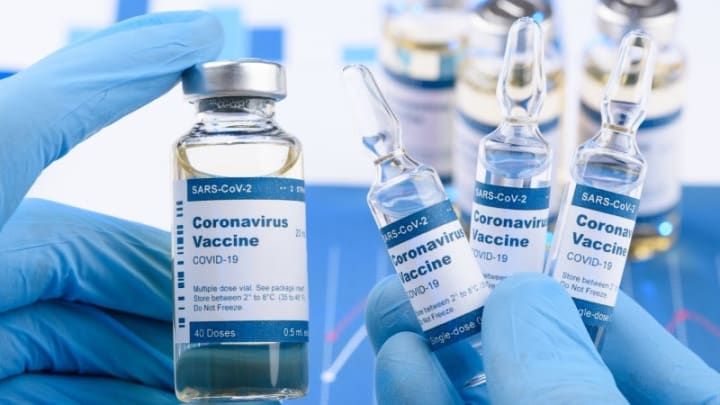
Kenya is ready to receive the first vaccines next week, but has not yet ordered the freezers to store them properly.
This emerges from the statements of the Ministry of Health and the various managers who maintain relations with COVAX, the committee that deals with the equitable distribution of vaccines in Africa and GAVI, the global support organisation whose members are institutional entities, nations such as Italy and private entities such as the Gates Foundation. Gavi for Kenya has already put up 20 billion dollars, the other 14 billion to get to vaccinate at least 30 million citizens, or 60% of the population, will have to come from the finances of the Government of Nairobi.
Yesterday, the Kenyan Ministry announced that the first batch of vaccines will arrive in the first week of March and will be used to immunise (it is hoped) first health workers, then government employees in key sectors.
Covax had already announced that Kenya had been included among the countries to receive the Pfizer-Biotech vaccines first, thanks to the activation of an emergency procedure approved by the WHO. Kenya will receive about 1.2 million doses in March, and a further 3 million vaccines later.
But Health Minister Mutahi Kagwe has asked for 1.4 billion shillings to buy facilities to store the vaccines at a temperature of 70 degrees below zero.
Kenya does not have "freezers" and the GAVI donor agreement stipulates that countries, once the doses have been provided free of charge, must stockpile and distribute them.
In the meantime, the government had also placed an order for the AstraZeneca vaccine from Oxford, although its suitability to combat the new variants of the virus, especially the South African one that has also arrived in Nairobi and the surrounding area, has not yet been established.
According to the head of the Task Force for National Vaccine Distribution, Willis Akhwale, medical refrigeration cells are already operating in Kenya and could house over 20 million vials, but they are largely already occupied by other medicines.
"Facilities that can go down to minus 70 degrees are available in Kemri's facilities and a few other institutions," Akhwale said, "but they are already storing other biological products. We don't want to contaminate vaccines with other elements. Especially biologicals, which are products that contain components of living organisms. And we have to be careful not to interrupt routine immunisation when we start distributing vaccines.
The World Health Organisation has already warned that in many Third World countries half of the vaccines distributed are already unusable due to failure to control storage rules.
Pfizer, for its part, has recently presented new studies showing that their vaccine can withstand even less cold temperatures of up to 25 degrees below zero for a fortnight.
Kenya welcomes donations of the Pfizer vaccine and has already concluded a purchase agreement with AstraZeneca on favourable terms, but the government is prepared to buy millions more Pfizer doses if necessary.
But first it will be essential to invest in storage facilities, and those, for now, are not part of any international donation. According to the African Center of Disease Control and Prevention, a medically certified freezer costs about $1.6 million.

After AstraZeneca, Pfizer, Moderna and Johnson & Johnson, Sinopharm's Chinese vaccines...
NEWS
by redazione

The situation of the vaccines made available so far to the 55 African states through the continental Africa...
NEWS
by redazione
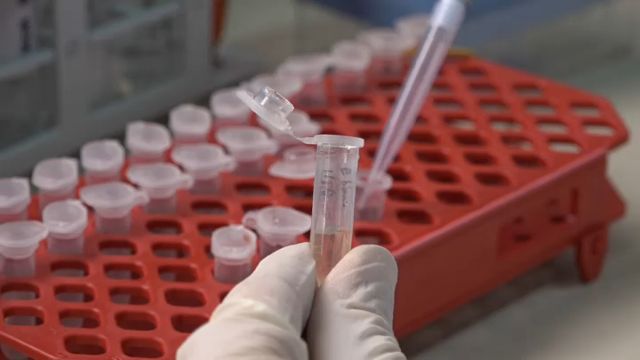
The Ministry of Health has decided that the booster vaccines administered so far, which number...

How far is the Coronavirus spreading on the African continent? How are governments reacting? What...

The proposed decree-law of the Kenyan Minister of Health Mutahi Kagwe seems to have...
NEWS
by redazione

From the United States comes the hope that African populations can be almost...
CORONAVIRUS
by redazione

As of this morning, Monday 23 August, 880,000 doses of the Moderna vaccine, acquired by ...
NEWS
by redazione

The European Union continues to refuse to recognise the AstraZeneca 'Covishield' vaccine used in...

Kenya is gearing up for a powerful vaccination campaign to turn around the country's pandemic and...
NEWS
by redazione
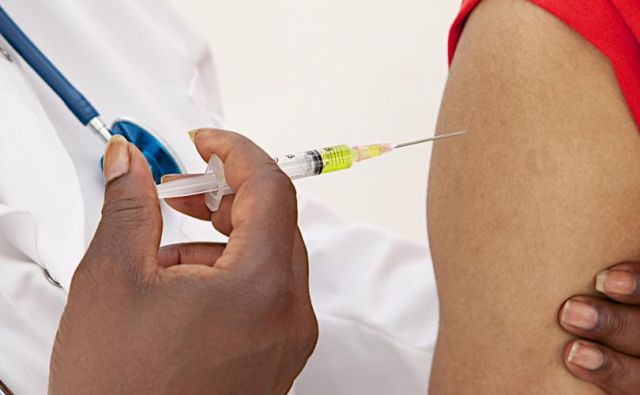
With only a few hundred doses per week, not much can be done to vaccinate as many...
CORONAVIRUS
by redazione

For what it means, in the last 48 hours a significant figure has emerged in Kenya: the percentage of...
CORONAVIRUS
by redazione

The Kenyan health authorities have also taken stock of the first ten months of the pandemic in...
CORONAVIRUS
by redazione
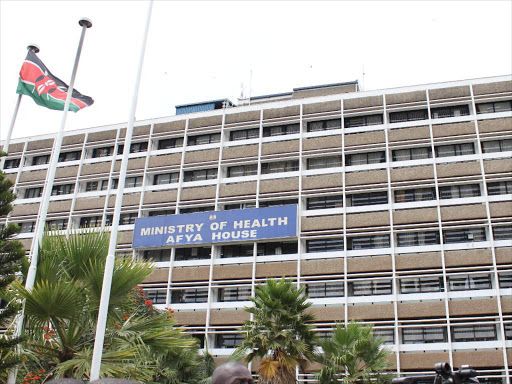
Intensive care units are slowly emptying out, vaccines are running out, the percentage is falling, and people are...
PANDEMIC
by Freddie del Curatolo

Since last weekend throughout Kenya has started the race to 10 million adults vaccinated that, in...
NEWS
by redazione
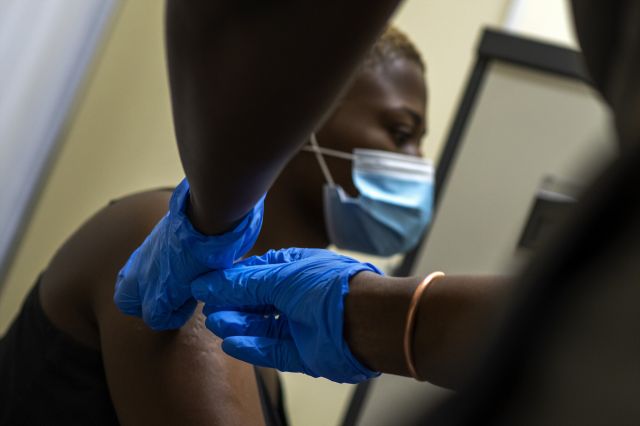
The outcry from the Kilifi County hospitality industry seems to have paid...
NEWS
by redazione

Kenya's program to align itself with the nations that have tourism as one of their major resources...